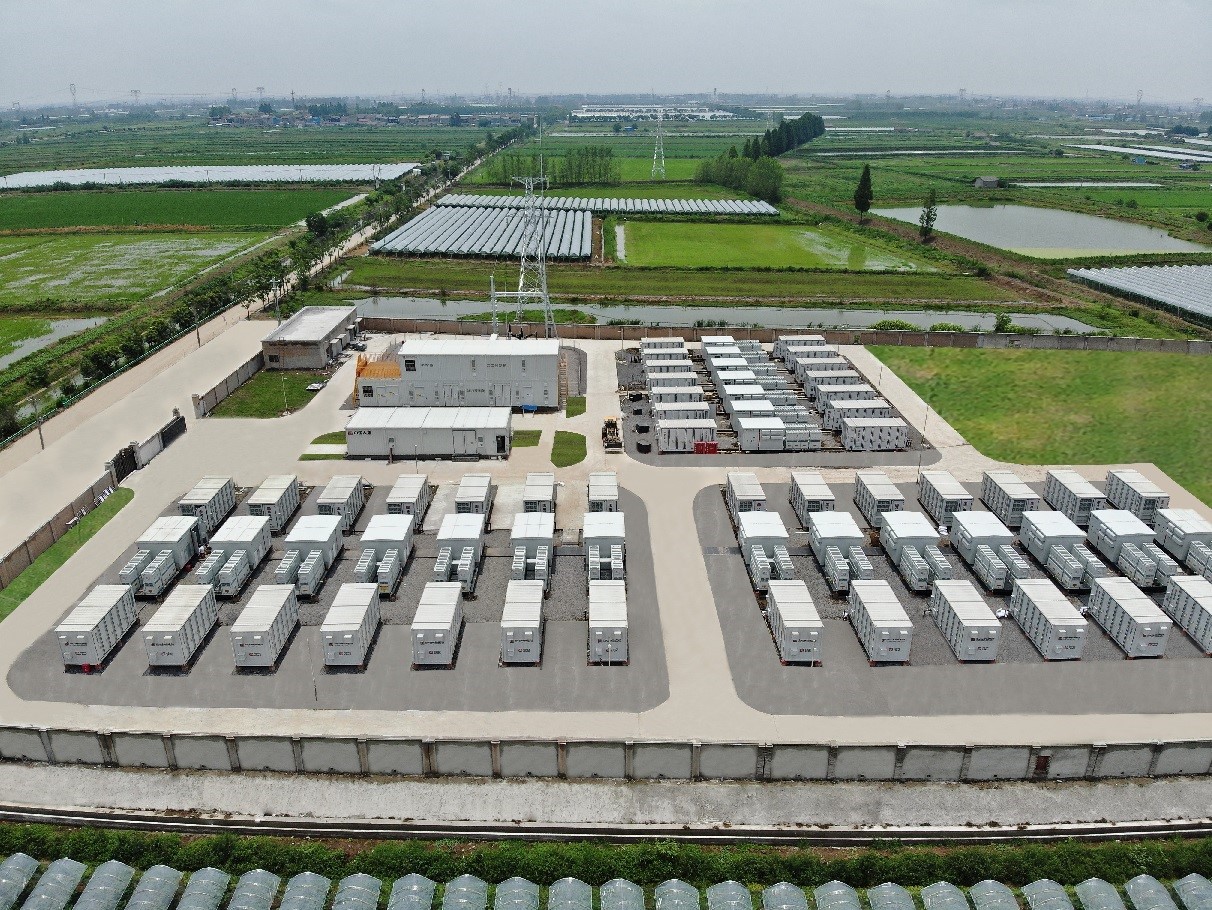Driven by the global energy transformation and carbon neutrality goals, energy storage technology has become a key support for the new energy system. On June 30, 2024, the completion and operation of the first phase of Datang Hubei 100MW/200MWh sodium ion new energy storage power station science and technology innovation demonstration project marked that sodium ion battery energy storage technology has officially entered a new stage of large-scale commercial application.
Datang Hubei Project: Commercialization Benchmark of Sodium Ion Battery Technology
The successful commissioning of the Datang Hubei project is not only a technological breakthrough, but also a milestone in commercial application. The sodium ion battery cells used in the project are provided by Zhongke Haina. The energy storage system consists of 42 sets of energy storage battery warehouses and 21 sets of boost converters, and a 110 kV boost station is built in conjunction. This configuration enables the power station to store 100,000 kWh of electricity in a single charge, effectively meeting the daily electricity demand of about 12,000 households, and is expected to reduce carbon dioxide emissions by 13,000 tons per year.
Resource and cost advantages of sodium ion batteries
Sodium ion batteries stand out for their resource advantages and cost-effectiveness. According to Li Shujun, general manager of Sino-Science Sodium, the crustal abundance of sodium resources is 423 times that of lithium resources, and the distribution is more even, which provides raw material guarantee for the large-scale application of sodium-ion batteries. At the same time, sodium-ion batteries have significant advantages in cost control. It is expected that by 2025, the material cost of sodium batteries will drop to 83% to 69% of lithium iron phosphate batteries.

Figure: Datang Hubei 100MW/200MWh sodium ion new energy storage power station phase I completed and put into operation
Technical challenges and industrialization process
Although sodium-ion batteries have advantages in resources and costs, they still face challenges in energy density and cycle performance. At present, the energy density of sodium-ion batteries is about 100Wh/kg-150Wh/kg, and the cycle performance is about 2,000 times, which is still a gap compared with lithium-ion batteries. However, Sino-Science Sodium said that through continuous technological development, the energy density of sodium-ion batteries has increased rapidly, and it is expected that the energy density can be on par with lithium iron phosphate by 2025 at the latest.
Policy support and industry collaboration
The development of sodium-ion batteries has been strongly supported by national policies. The National Development and Reform Commission and the National Energy Administration have mentioned sodium-ion batteries many times in their planning documents and proposed to promote their market application as soon as possible. In addition, industry collaboration is also crucial. From material research and development to system integration and then to terminal applications, every link in the sodium-ion battery industry chain needs to work closely together to jointly promote the maturity of technology and the expansion of applications.
Conclusion: Commercialization prospects of sodium-ion battery energy storage technology
The commissioning of the Datang Hubei project not only demonstrates the practical application potential of sodium-ion battery energy storage technology, but also points the way for the commercialization of sodium-ion batteries. With the continuous advancement of technology and the gradual improvement of the industrial chain, sodium-ion batteries are expected to play an important role in energy storage, electric vehicles, smart grids and other fields, and become one of the key technologies to promote energy transformation and achieve carbon neutrality goals. We have reason to believe that the commercialization of sodium-ion battery energy storage technology will become an important trend in the field of new energy.






